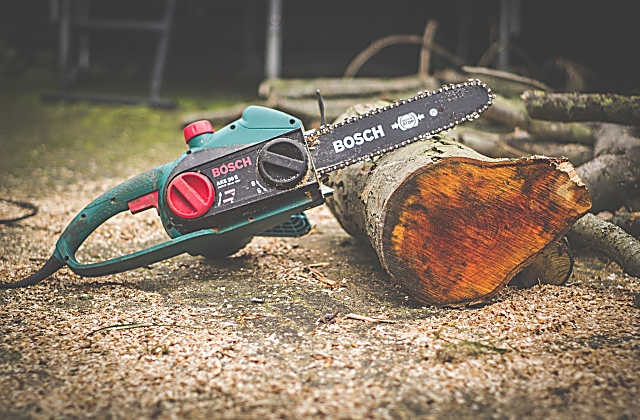How to Select the Best Gas Powered Leaf Blower For You

Which is the best gas powered leaf blower? There are a number of different models available on the market today from several top name brand companies. Each brand offers different features, so it pays to do a little research to find out which model is best for your needs. Here are some tips to help you make your decision:
Quick & Easy Answer – If you are shopping for a small, lightweight, and compact portable model, look for a brand that offers at least 7 mph speeds. Gas powered leaf blowers with higher speeds will require more energy to propel them, but the extra speed helps these units get to the plant bed quicker. A gas powered lightweight blower that is only 7 mph is best for those who rarely use their lawn mowers, or for those who enjoy spending time in the garden rather than working in it.
Leaf Blowers With Good Performance – The best gas powered leaf blower should be lightweight, have decent exhaust efficiency and be able to maintain its speed over long distances. There are a few key features to consider when purchasing garden tools. A two-cycle fuel engine will allow the motor to run more efficiently, resulting in more horsepower and less pollution. Look for a unit that uses a high grade 2-cycle fuel that burns cleaner than other types of gas. Some brands offer dual motors, with the ability to switch fuels as needed.
Noise Isolation Capability – Leaf blowers with good airflow capabilities have much lower noise outputs. The louder the fan speed, the higher the airflow, which means the louder the sound it produces. Look for a model that has very low noise outputs, which also results in more horsepower. This will help you cut back on wind noise while also increasing your overall quiet level. You may find that the fan can be too loud for some locations and this is something to keep in mind.
Lightweight Design – The best gas powered leaf blower for the money is one that is both lightweight and durable. Look for a lightweight design that is not only compact but also durable for long use. Look for a two-cycle fuel engine that is lightweight and also lightweight for quick loading and efficient operation. Look for a lightweight fan speed that is also durable and will operate at an appropriate speed for the intended purpose.
Two Cycle Engines vs. Four Cycle Engines – Gas powered leaf blowers are generally better in the rain due to better hydrostatic performance, but they generally perform worse in hot dry climates. A gas engine that is rated for humid conditions will also need more maintenance than an engine rated for drier climates. A two-cycle engine is made to withstand higher engine temperatures and larger propane tanks, so it will typically perform better in high-performance climates. A four-cycle engine, on the other hand, is designed to work under low engine temperatures and to better handle rough use. If you are purchasing a leaf blower that will be used in high-performance climates, you should consider getting a gas engine or four cycle engine.
Cruise Control Throttle – One of the most important things to look for when shopping for leaf blowers is whether or not they have Cruise Control Throttle. Cruise control throttle allows the unit to be used while the front wheels are in motion so you don’t have to hold the trigger down while the leaf collector speeds up and slows down to collect leaves. This is important because you don’t want to accidentally run the machine while in motion. This feature is also beneficial if you often travel in a motorhome after camping or vacationing, because you can control the speed at which the leaf collector will move faster throughout your travel.
Nozzle Selection – Depending on how many yards you expect to clear your lawn or garden, you may want to consider getting a variable nozzle. Most gas powered leaf blowers will have a fixed, wide leaf collector nozzle that doesn’t require any tuning. However, larger tractors usually come equipped with optional nozzles that are designed to work with large areas and to clean up more waste during your cleaning session. A larger nozzle will cost more up front but will help you clean your lawn or garden more effectively.